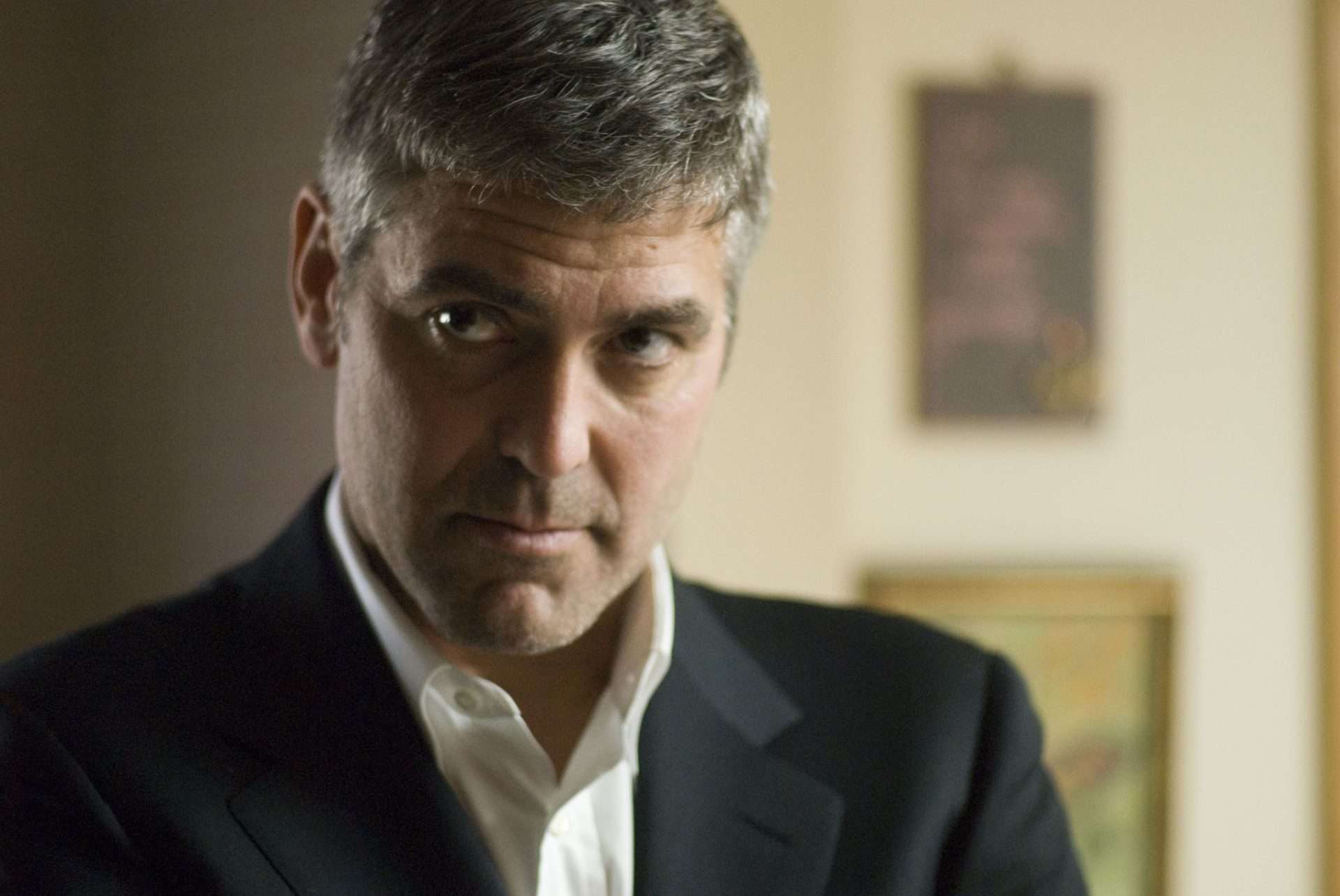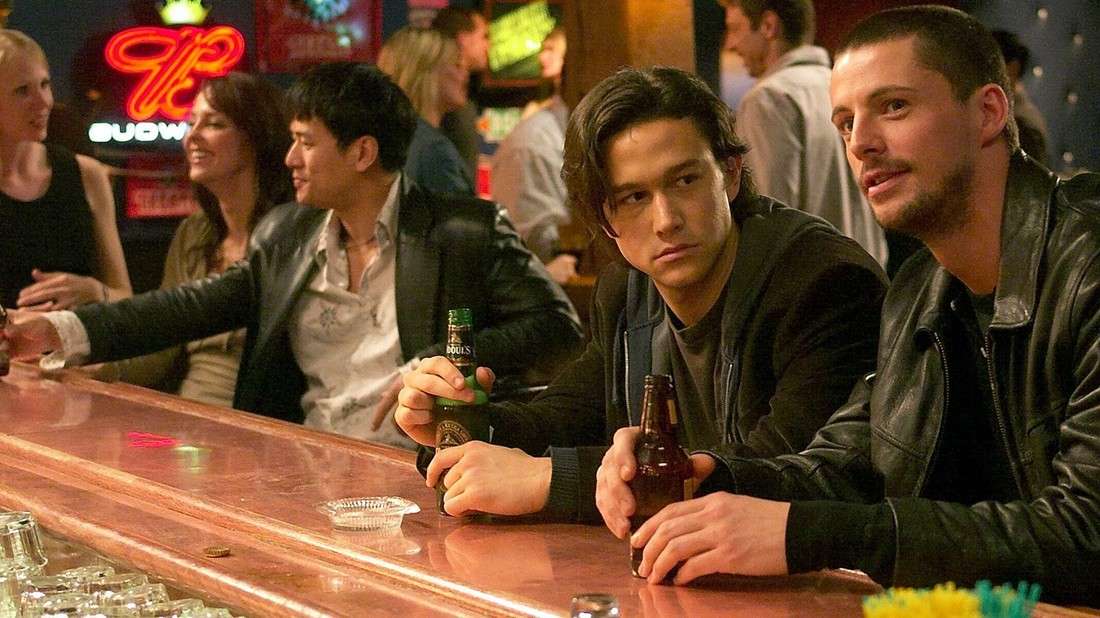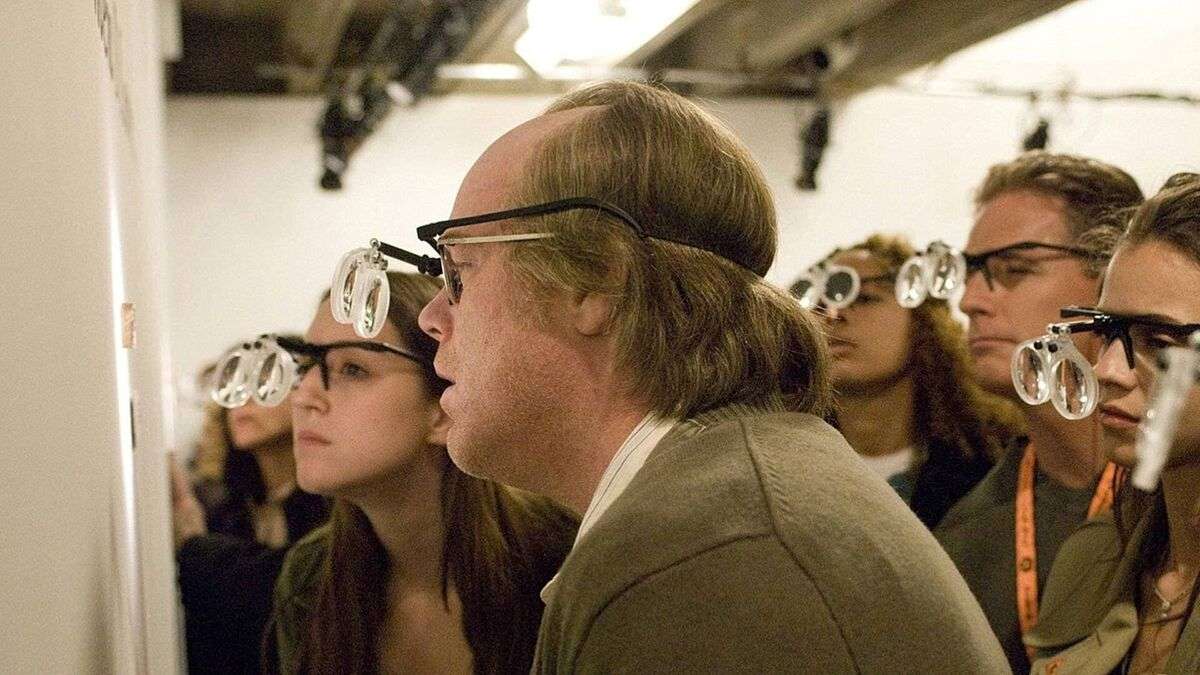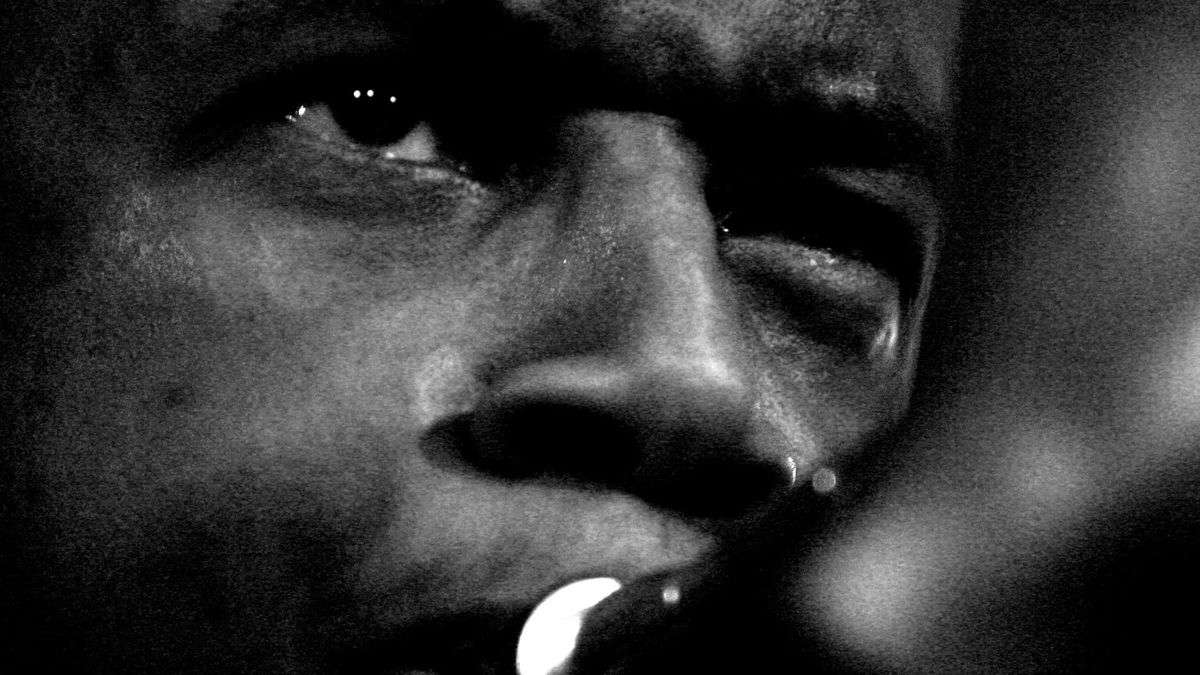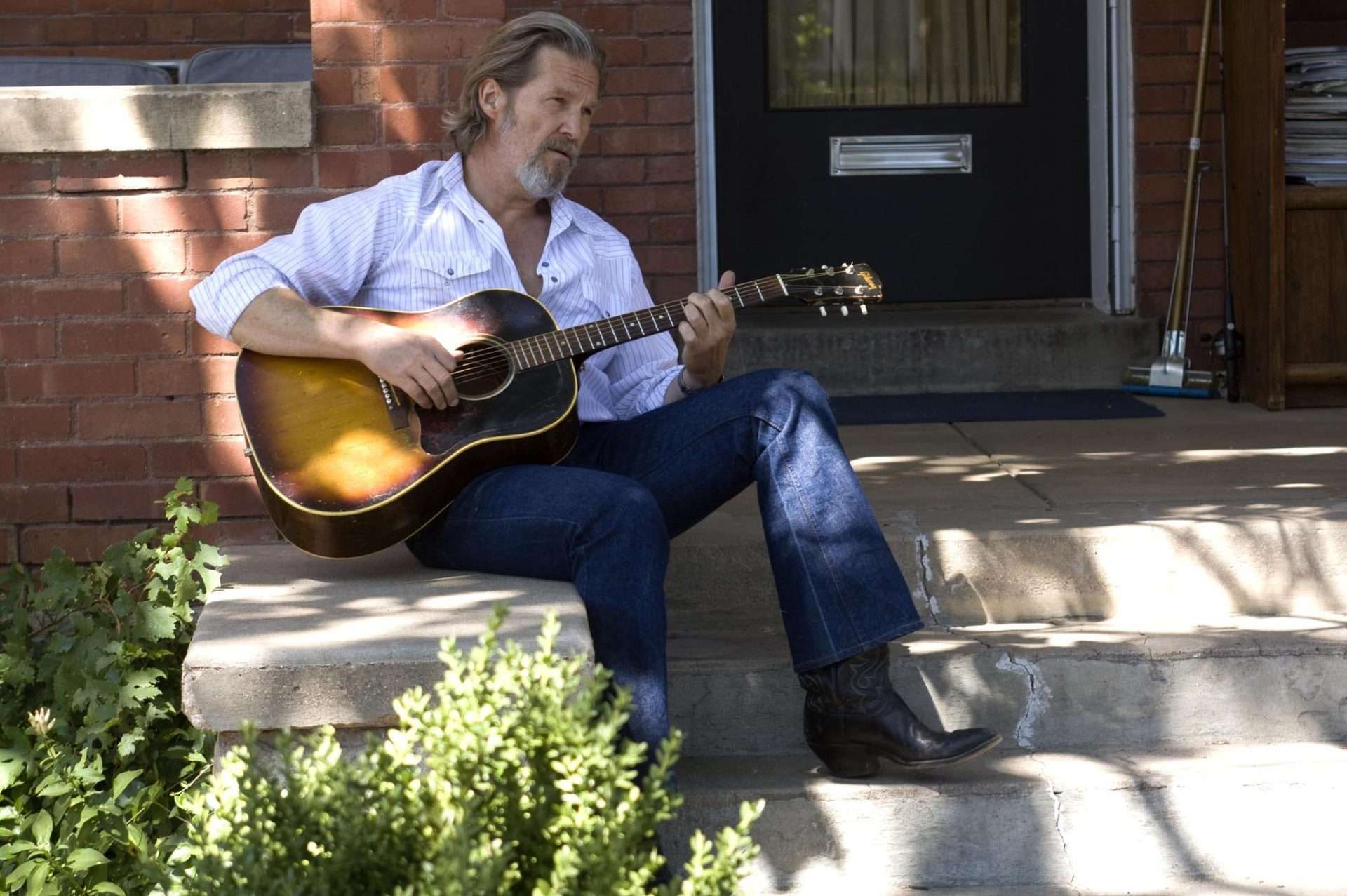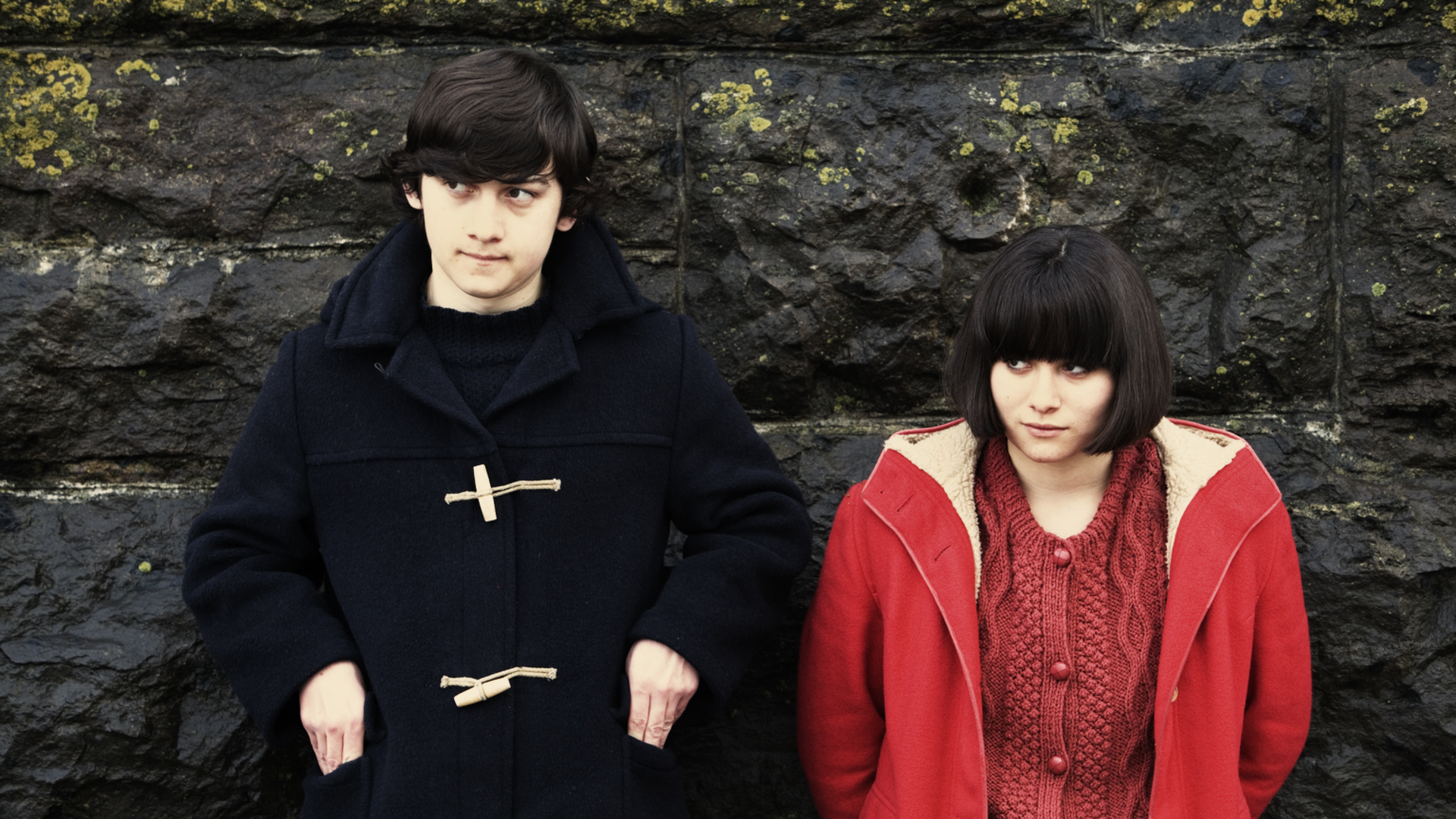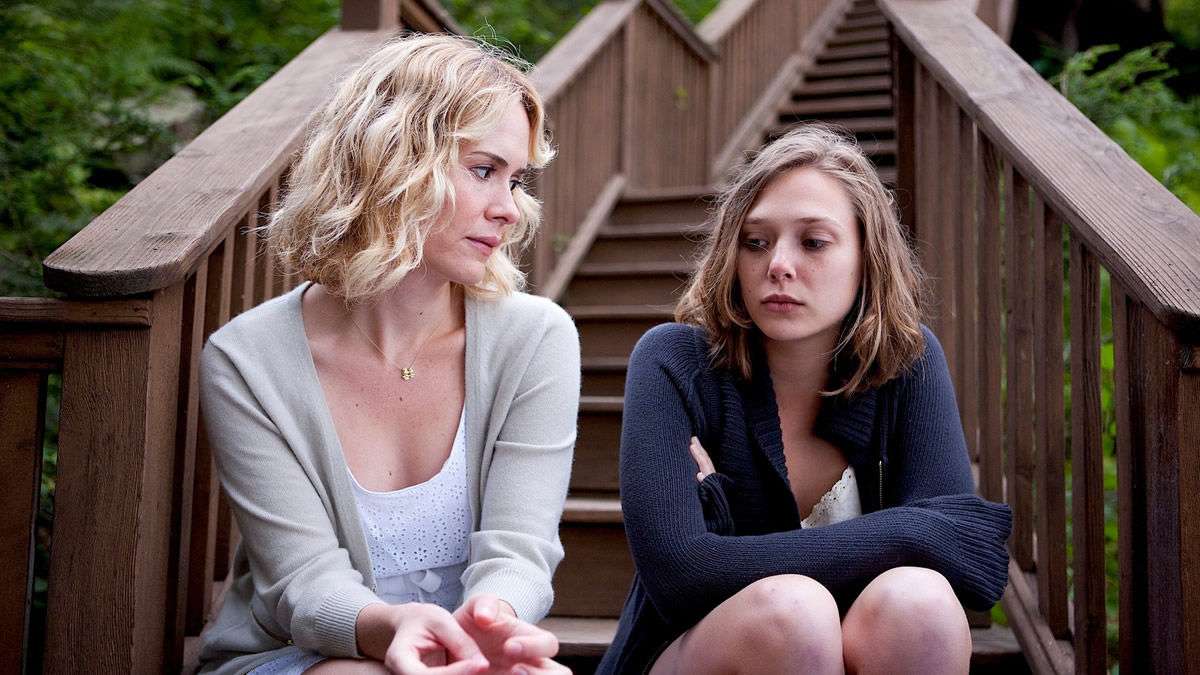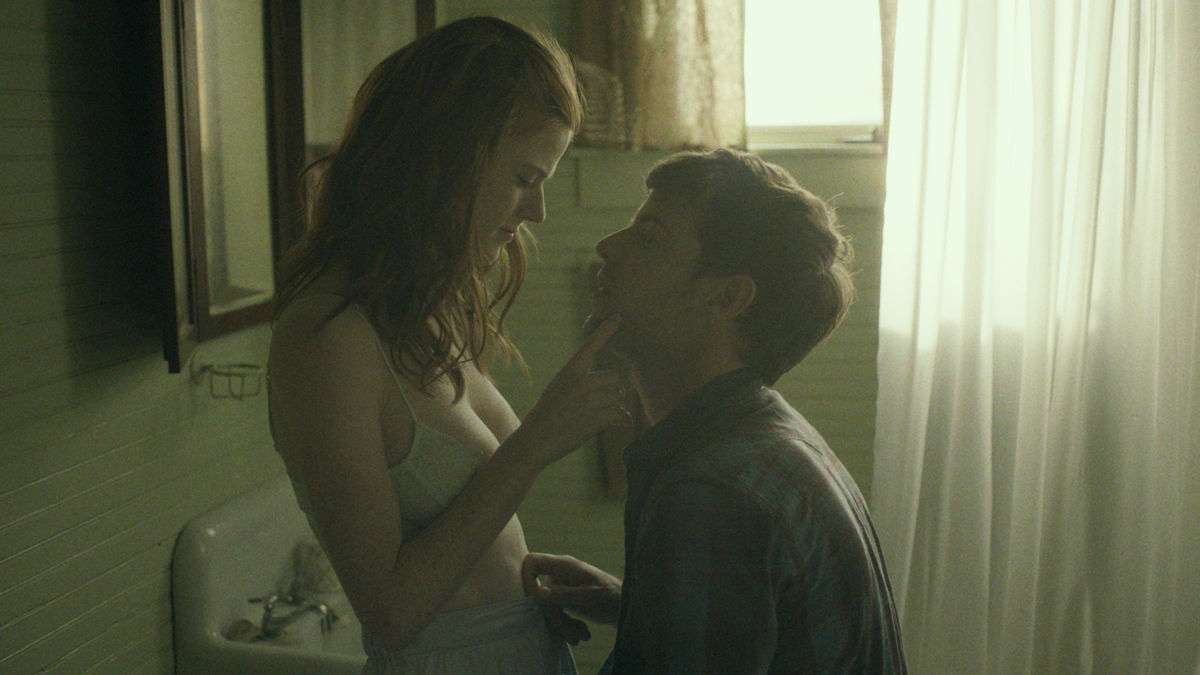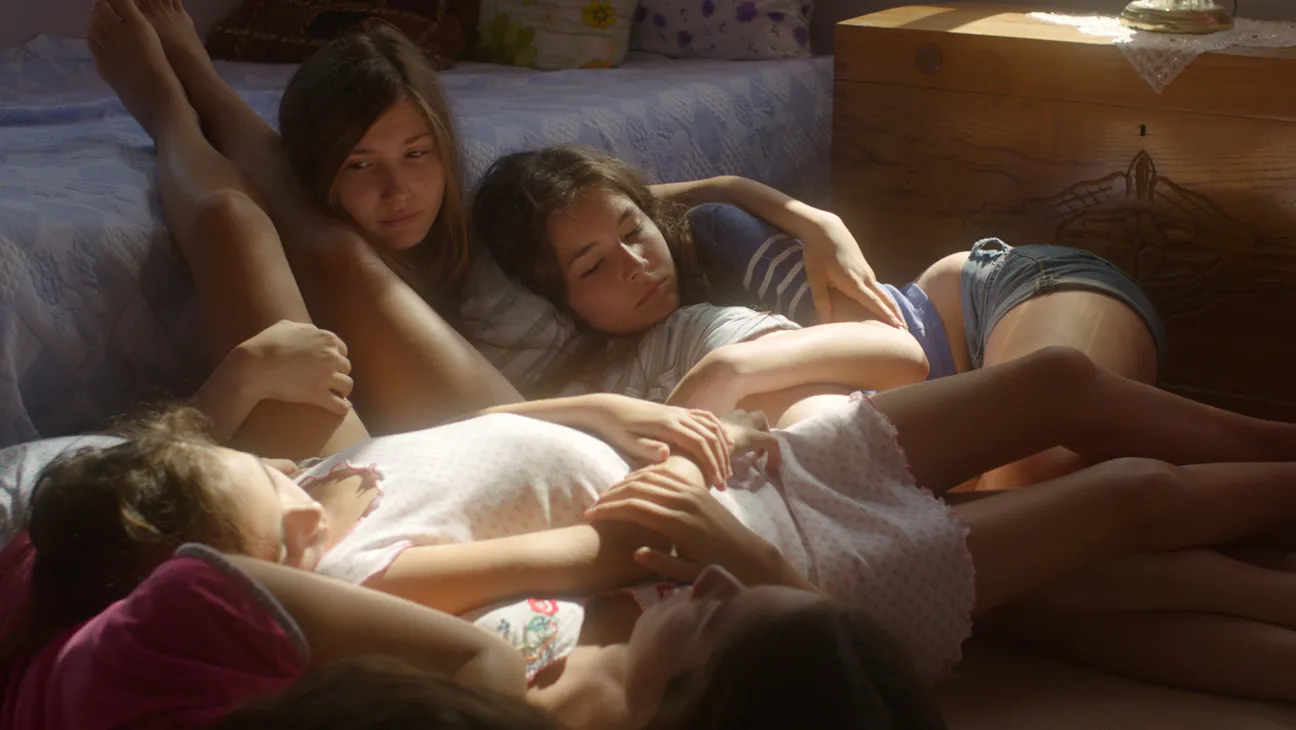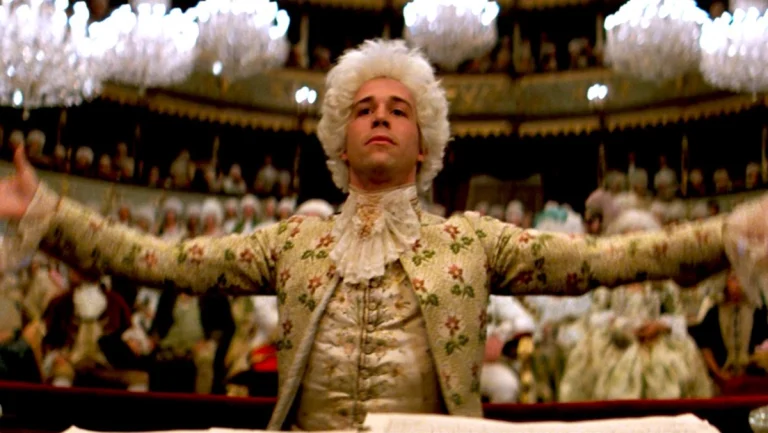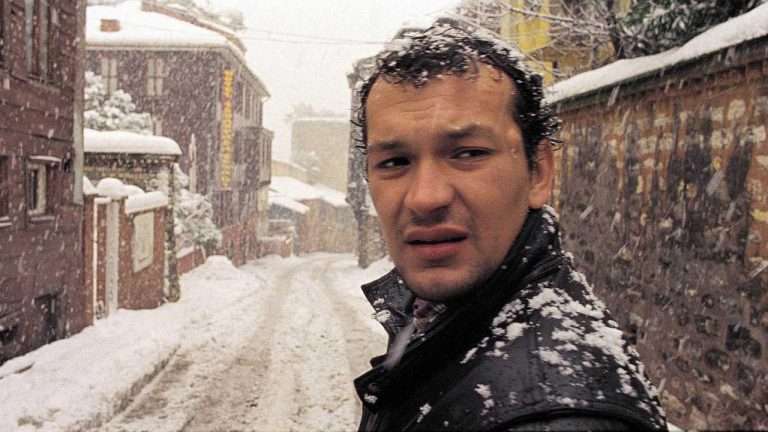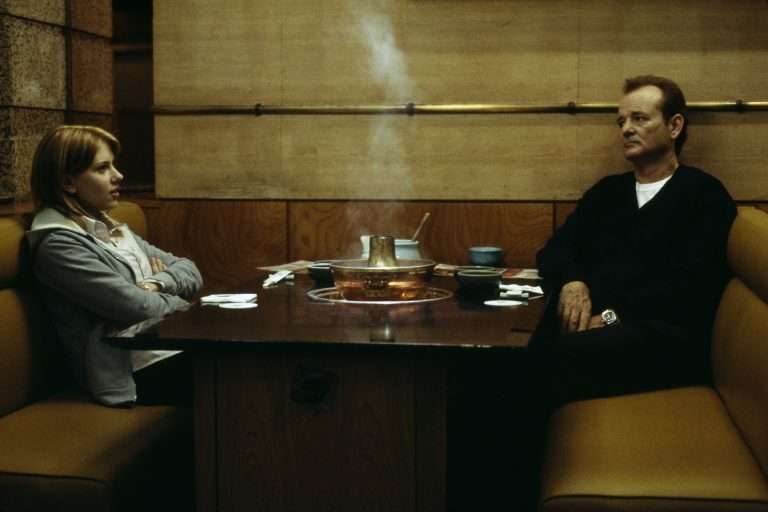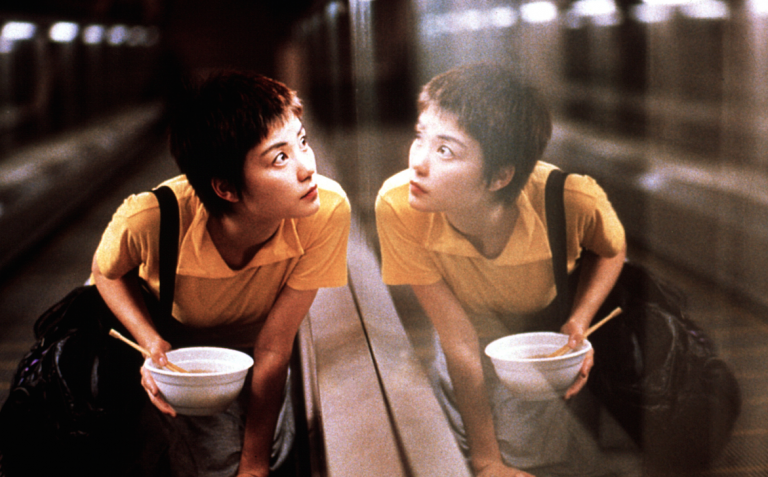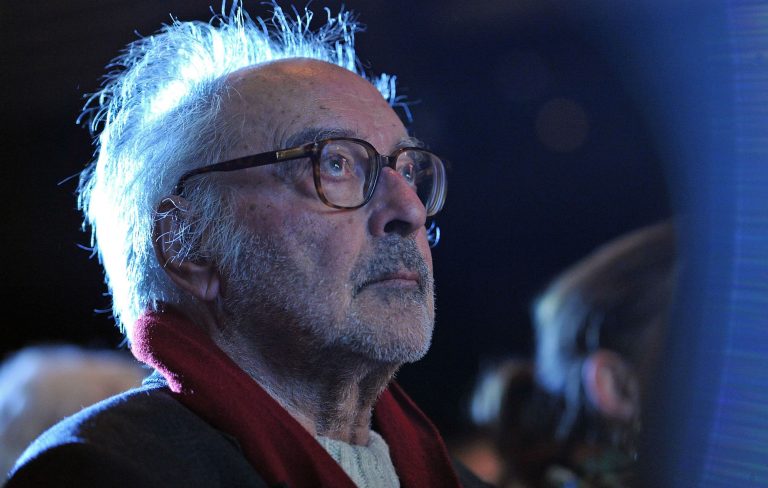The past decades of cinema have showcased some of the best movies of all time thanks to the hard work of directors such as Martin Scorsese, Sofia Coppola, Christopher Nolan, David Fincher, and Quentin Tarantino, to mention a few, who all managed to win audiences and critics alike with their strong directorial debuts, think, “The Virgin Suicides” (1999) or “Reservoir Dogs” (1992).
While these directors often paved the way for others, and their work is undoubtedly praiseworthy, several truly remarkable debut features of the 21st century have flown under the radar. Going through the filmography of even the most revered directors will often reveal some unpolished, questionable flicks they may have begun their careers with, which is a common theme. However, the directors on this list managed to hit it out of the park on their first try, a feat most other filmmakers only achieve after decades in the industry honing their skills.
Be it some sort of cinematic beginner’s luck or sheer brilliance on their part, critics highly regarding a filmmaker’s first project is a rare occurrence, but one that these hidden gems accomplished with their captivating storytelling, exploration of uncomfortable themes, raw subject matters, and striking cinematography. With that said, here’s a look at some of the more unknown directorial debuts from the 2000s that you may have missed out on.
1. Michael Clayton (2007)
“Michael Clayton” is a legal thriller starring George Clooney, Sydney Pollack, Tilda Swinton, and Merritt Wever that delves into the world of corporate corruption, ethical dilemmas, and personal conflicts. George Clooney’s Michael, a “fixer” lawyer, is called to fill in for a prestigious law firm as an agrochemical company wants to secure a merger and avoid a class action lawsuit. Clayton uncovers an elaborate ruse that exposes the company’s corruption and is left with the hard decision to expose the company or stay silent. Despite the movie featuring such prominent actors, “Michael Clayton” does not receive half the acclaim it should today. While it is classed as a legal thriller, it is far more subdued in its execution than other movies in the same category – therein lies its strength.
The script showcases the characters’ intellect and highlights all that is at stake instead of dramatic court scenes and bloated speeches by righteous lawyers. The characters are multidimensional and don’t resemble stereotypical cutouts of how lawyers are represented on film. Michael might be good at his job, but he is not flawless. The movie also chooses to place its focus on mismanagement by big multinational companies rather than a typically seen representation of courthouse cases on domestic disputes, which is a nice change.
2. The Lookout (2007)
Despite the excellent critical reception, “The Lookout” is an underrated and often forgotten heist movie directed by Scott Frank, think “The Queen’s Gambit” (2020) and “Godless” (2017). Starring Joseph Gordon-Levitt, Jeff Daniels, Carla Gugino, Isla Fisher, and Matthew Goode, “The Lookout” begins with Chris (Joseph Gordon-Levitt), a high-school hockey player who suffers from memory loss after an accident. Four years later, he works as a cleaning man at a bank. Chris becomes involved with a band of robbers who befriend him and intend to use him as an accomplice to their crime.
“The Lookout” manages to dole out an impressive share of plot twists and emotional depth to the characters, making this one of the best heist movies of the past few decades. Moreover, with solid performances from the talented cast and an honest portrayal of a person’s journey detailing hopelessness, isolation, and pondering over the consequences of his actions, it isn’t hard to see why “The Lookout” is such a clever movie. This is not your run-of-the-mill heist movie, so going into the film with that mind frame will leave you disappointed. Chris’s disability is at the center of the movie, and much of the narrative’s focus shows him struggling with his mental health and dealing with internal conflicts. At its crux, “The Lookout” is about Chris’s journey for redemption as he battles cognitive impairment and psychological disturbances.
3. Synecdoche, New York (2008)
From the writer of “Being John Malkovich” (1999), “Adaptation” (2002), and “Eternal Sunshine of the Spotless Mind” (2004) came “Synecdoche, New York” – Charlie Kaufman’s directorial debut. It did not disappoint, with the movie being regarded as one of the best of the year. However, over the years, the lasting success of his other movies managed to eclipse this, and most people simply don’t know it exists. Philip Seymour Hoffman plays a theater director (Caden Cotard) whose family has abandoned him, his therapist is self-centered, and an odd ailment is affecting his autonomic nervous system. Caden sets out to make a replica of New York City inside a warehouse and hires a cast to act out a play that mirrors his own life.
As Caden’s health deteriorates, it becomes harder for him to distinguish between real life and life inside the warehouse. Despite being decidedly peculiar, “Synecdoche, New York” is ultimately a movie that touches upon several topics, such as illness, death, identity, and the meaning of life. Though Kaufman’s plot can seem convoluted and cluttered at times, the movie still stands the test of time. The film is filled to the brim with metaphors and symbolism, much to the chagrin of many viewers who pronounced it incomprehensible at the time of its release. This sentiment is understandable, but given how much time has passed and moviegoers have now become accustomed to Kaufman’s distinct style, it seems opportune timing to give “Synecdoche, New York” a fair shot.
4. Guy and Madeline on a Park Bench (2009)
Before his most acclaimed work, the “La La Land” director, Damien Chazelle, began his career with another musical, “Guy and Madeline on a Park Bench,” an almost documentary-style flick. This black-and-white movie stars Jason Palmer as Guy, a jazz musician, and Desiree Garcia (Madeline), a graduate student looking for a job. Damien Chazelle’s earlier work is often overshadowed by the immense success of “Whiplash” (2014) and “La La Land” (2016). This is unfortunate, as “Guy and Madeline on a Park Bench” shares many similarities with these later films. It explores themes of young love, musical passion, and regret, all set against the vibrant backdrop of Boston. The film also delves into the characters’ quests for self-discovery.
“Guy and Madeline on a Park Bench” would easily appeal to fans of Chazelle or of musicals in general, and carries such an overall nostalgic tone, from its use of dreamy jazz music to the almost French New Wave style dialogue that is natural and the close-up camerawork that follows the characters around. Though the movie is clearly not as refined as his later works, it isn’t trying to be that either; instead, it aims for a more intimate and realistic approach, which works in its favor and adds dimension to the struggles of the musicians.
5. Crazy Heart (2009)
Adapted from the 1987 novel by Thomas Cobb, “Crazy Heart” was an instant success with critics, winning Jeff Bridges an Academy and Golden Globe Award for Best Actor and Maggie Gyllenhaal a nomination in the Best Supporting Actress category. However, with time, it has become sadly underappreciated. Jeff Bridges plays a washed-up country music performer (Bad Blake), trying to reinvent his music career and battles alcoholism. He makes a living off of playing small gigs when he meets a journalist, Jean (Maggie Gyllenhaal), who interviews him. Blake struggles with the consequences of his previous misdeeds, finding himself stuck between his final chance at happiness and redemption and the weight of his guilt.
It’s easy to understand why some may be hesitant to give this movie a shot as it centers around country music, which isn’t as well appreciated as other genres of music. Still, through Scott Cooper’s vision, the audience will be pleasantly surprised at how he captured the heartbreak and desire that flows effortlessly through the music, adding a melancholic depth to the narrative that’s hard to achieve. Furthermore, the film’s realistic portrayal of the music scene, which captures its charm and the dreadful realities that go with it, demonstrates the director’s keen attention to detail, especially considering he only worked on a low budget of $7 million.
Also, Related to Underrated 21st Century Directorial Debuts: 55 Best Japanese Movies of the 21st Century
6. Submarine (2010)
Set to wistful music by Arctic Monkey’s Alex Turner, “Submarine” was adapted from the 2008 book by Joe Dunthorne of the same name and became an instant favorite for critics as soon as it was released. From Richard Ayoade’s eccentric direction style and poignant storytelling to the touching coming-of-age struggles, “Submarine” is a timeless classic that stands out from most other indie movies of the 2010s. The dramedy centers around 15-year-old Oliver Tate (Craig Roberts), a high school student who is in love with his classmate Jordana (Yasmin Paige) and sets out to lose his virginity before his 16th birthday while trying to save his parents’ (played by Sally Hawkins and Noah Taylor) faltering relationship.
Ayoade creates a realistic portrait of Oliver’s perspective by harnessing clever camera angles and super eight footage to mimic memories and create striking imagery. This aesthetic has become highly synonymous with the movie over time, and motifs like Jordana’s red coat or heart-shaped sunglasses seem to linger with the audience, along with the dreamy soundtrack, long after the movie is finished. “Submarine” does not gloss over the trials and tribulations of being a teenager; instead, it expands on the difficulties of first love, self-development, and emotional ambiguity, along with exploring the uncomfortable yet inevitable process of growing up, something many other movies in the same genre seem to give a lackluster portrayal of. On top of that, though it is a coming-of-age movie, “Submarine” has enough emotional depth, making it a film with lots to offer for people of all ages.
7. Martha Marcy May Marlene (2011)
Sean Durkin’s raw take on rehabilitation afterlife in a cult served as Elizabeth Olsen’s debut film role. Her acting was praised by critics and viewers alike, and she won several nominations for her portrayal of Martha. The movie begins with Martha, a young woman who escapes an abusive cult run by Patrick (John Hawkes) and moves in with her sister (Sarah Paulson) and her husband (Hugh Dancy). While movies on cults are nothing new, the exploration of just how psychologically scarring the whole ordeal can be is mostly overlooked.
This is where this movie shines, emphasizing Martha’s struggle to conform to everyday life while she is plagued with memories of her time in the cult. “Martha Marcy May Marlene” takes a unique approach to the cult movie trope by focusing more on what happens after a member manages to escape and the psychological ramifications of that. “Martha Marcy May Marlene” is not your typical cult-horror movie, nor should audiences who want a more traditional horror movie approach it that way. Instead, it falls somewhere more at the level of a psychological thriller, with greater emphasis placed on trauma recovery.
8. Honeymoon (2014)
Directed by Leigh Janiak, whom you may know from “The Fear Street” trilogy, “Honeymoon” is an unconventional Indie horror film that follows the story of Bea (Rose Leslie) and Paul (Harry Treadaway), a newlywed couple who go to Bea’s secluded family cabin for their honeymoon. At first, things go smoothly, but soon, things take a turn for the worse.”Honeymoon” slowly builds a sense of dread, gradually ratcheting up the tension between the couple as an ominous presence creeps into their secluded woodland retreat. With shots that pan the woods to close-ups of the couple’s interactions, Janiak divides the horrors that lie beyond the cabin and gives the viewers a sense of security. Putting Bea and Paul’s relationship at the centerfold, the movie grapples with thematic elements of love, trust, fidelity, and body autonomy. At times, it expresses these elements through disturbing turns in the plot.
“Honeymoon” subverts its genre, not following the pattern most horror movies take or simply resorting to cheap jumpscares, making this movie genuinely original. It turns what, on the surface, appears to be just another horror movie set in a deserted cabin in the woods into an astutely written psychological masterwork that has the audience trying to put the puzzle pieces together. Additionally, Leslie and Treadaway deliver some of their best career performances, and their chemistry is unmatched, making even the movie’s slow beginning a treat. This movie will be equally a delight for fans who prefer supernatural or psychological-based horror movies.
9. Mustang (2015)
“Mustang” follows the story of five young sisters living in a village who are wrongfully accused of being sexually promiscuous. This Academy Award-nominated movie depicts perhaps the most gut-wrenching portrayal of how societal pressures govern the lives of girls and women and how warped and outdated cultural beliefs can oppress them. Indeed, the most explored theme of the movie is oppression and the different ways people cope with it, as some of the sisters resign themselves to their fate while others rebel.
Deniz Gamze Ergüven’s debut film skillfully portrays the multifaceted lives of five sisters in a rural setting despite a limited budget. The film boldly tackles taboo subjects such as virginity, sexuality, and bodily autonomy, often considered off-limits in many cultures. Not only are these topics considered taboo, but this movie also managed to shine a light on the very real struggles of women longing for liberation in conservative cultures, a message not favorably welcomed by all viewers or easy to relate to for mainstream Western audiences. In addition, efforts to promote the movie were limited, and despite being premiered at the Cannes Film Festival, it failed to garner enough attention to reach a broader viewership. That being said, “Mustang” is a touching look at sisterhood and yearning for escapism, made all the more impactful by the brilliant performances of the five sisters.
10. The Lost Daughter (2021)
Based on the 2006 psychological drama novel by Elena Ferrante, “The Lost Daughter” is considered one of the best features directed by an actor, with a star-studded cast including Olivia Colman, Dakota Johnson, Jessie Buckley, Paul Mescal, Ed Harris, and Peter Sarsgaard. “The Lost Daughter” is an emotional tale about motherhood and abandonment, and Maggie Gyllenhaal succeeded in creating a near-perfect movie. The story follows Leda (Olivia Colman), a middle-aged woman on a solo vacation by the seaside who becomes intrigued by a young mother (Dakota Johnson) and her daughter and begins to revisit her own time as a young mother (Jessie Buckley).
Unlike many plot-driven psychological dramas, this film centers on the complex dynamics of a mother-daughter relationship. Leda grapples with deep-seated emotions of guilt, resentment, and longing as she reflects on her past as a mother. Not only is the subject matter in this movie rarely depicted in such harrowing detail, but Leda’s character is truly flawed and layered, something audiences aren’t used to when it comes to the character of a mother. The film focuses on Gyllenhaal’s portrayal of Leda’s reflective journey through motherhood.
Related to Underrated 21st Century Directorial Debuts: 50 Best Hindi Films of the 21st Century
Using a blue filter transforms the idyllic Greek island of Spetses into a lonely backdrop, mirroring Leda’s melancholic state of mind. Indeed, the overarching atmosphere of the movie is dreary, yet that is what draws the audience in as they experience how bleak the world looks through Leda’s eyes. Furthermore, most of the dialogues between the protagonist and side characters are shot in close-ups, portraying the subtleties of Coleman’s acting prowess and adding nerve-wracking tension to the scenes that have you on the edge of your seat. “The Lost Daughter” is not a movie you want to miss out on if you enjoy slow-burn, poignant dramas that delve into the complexities of familial relationships.

